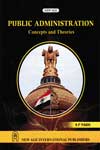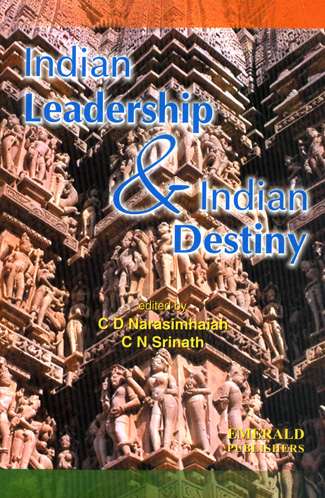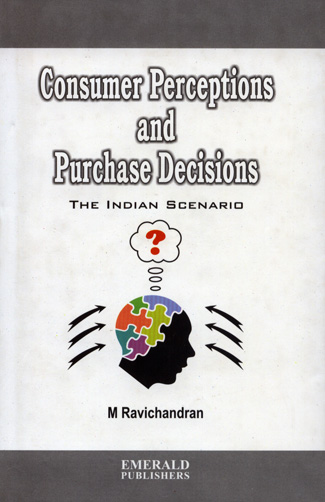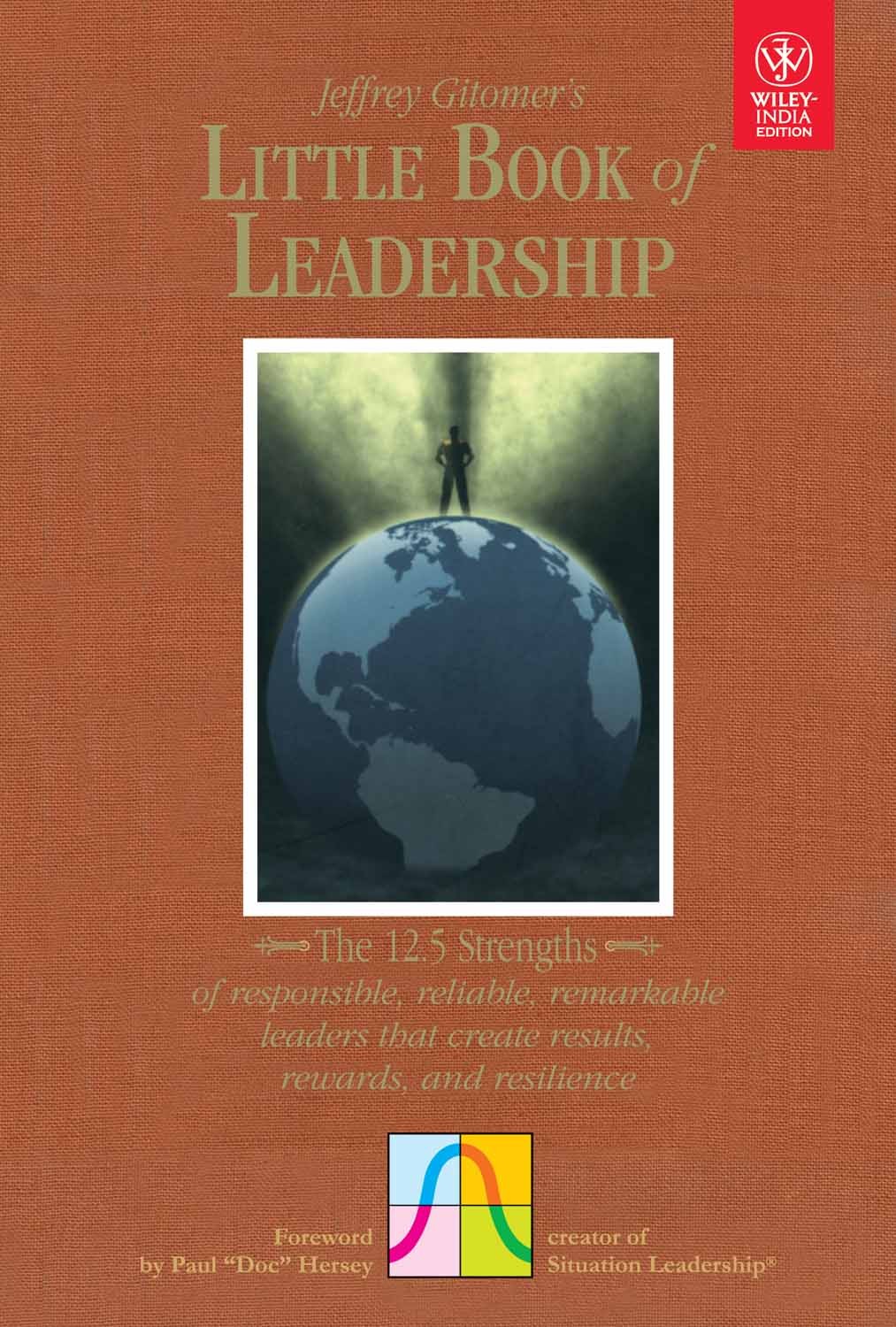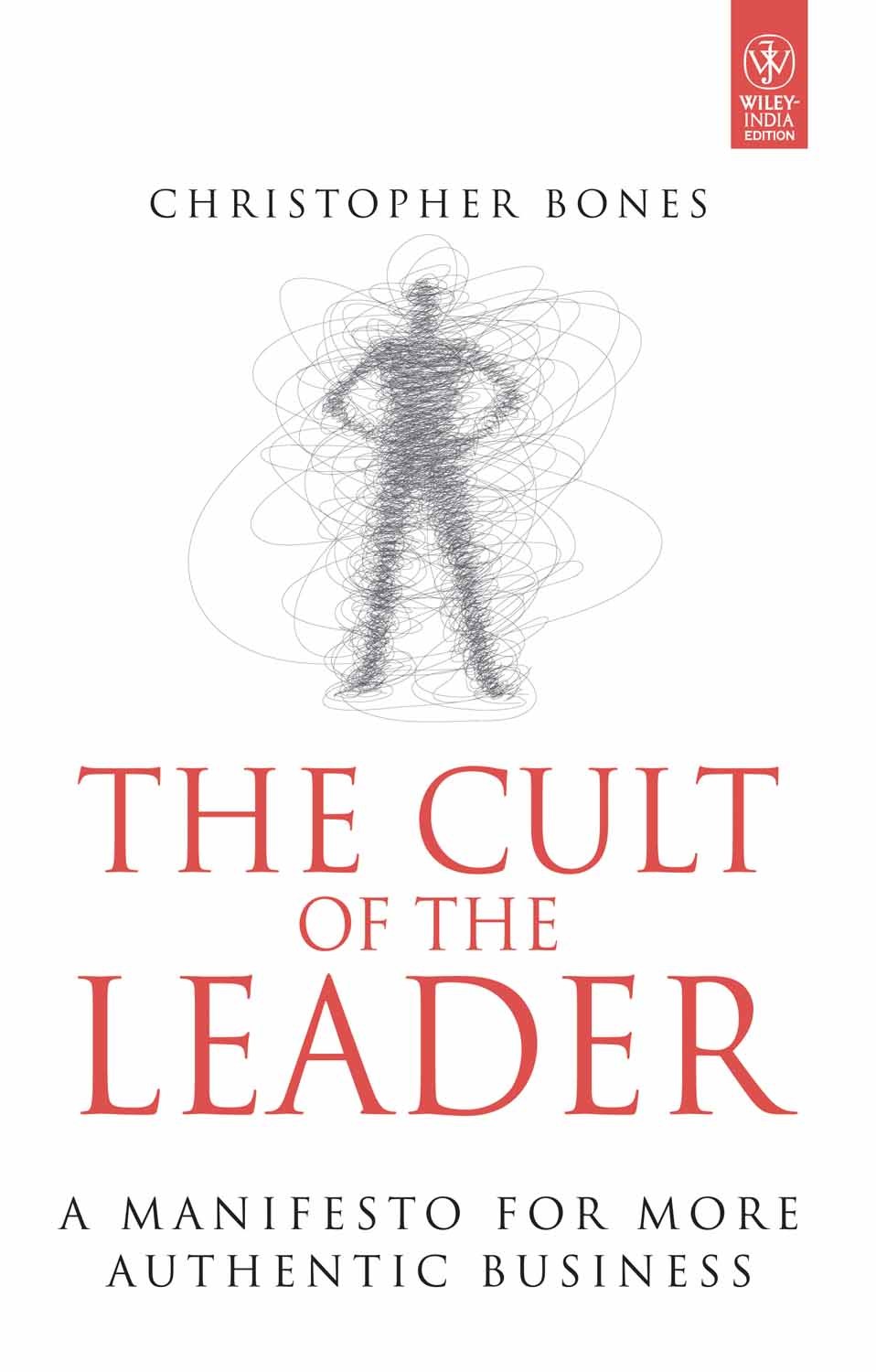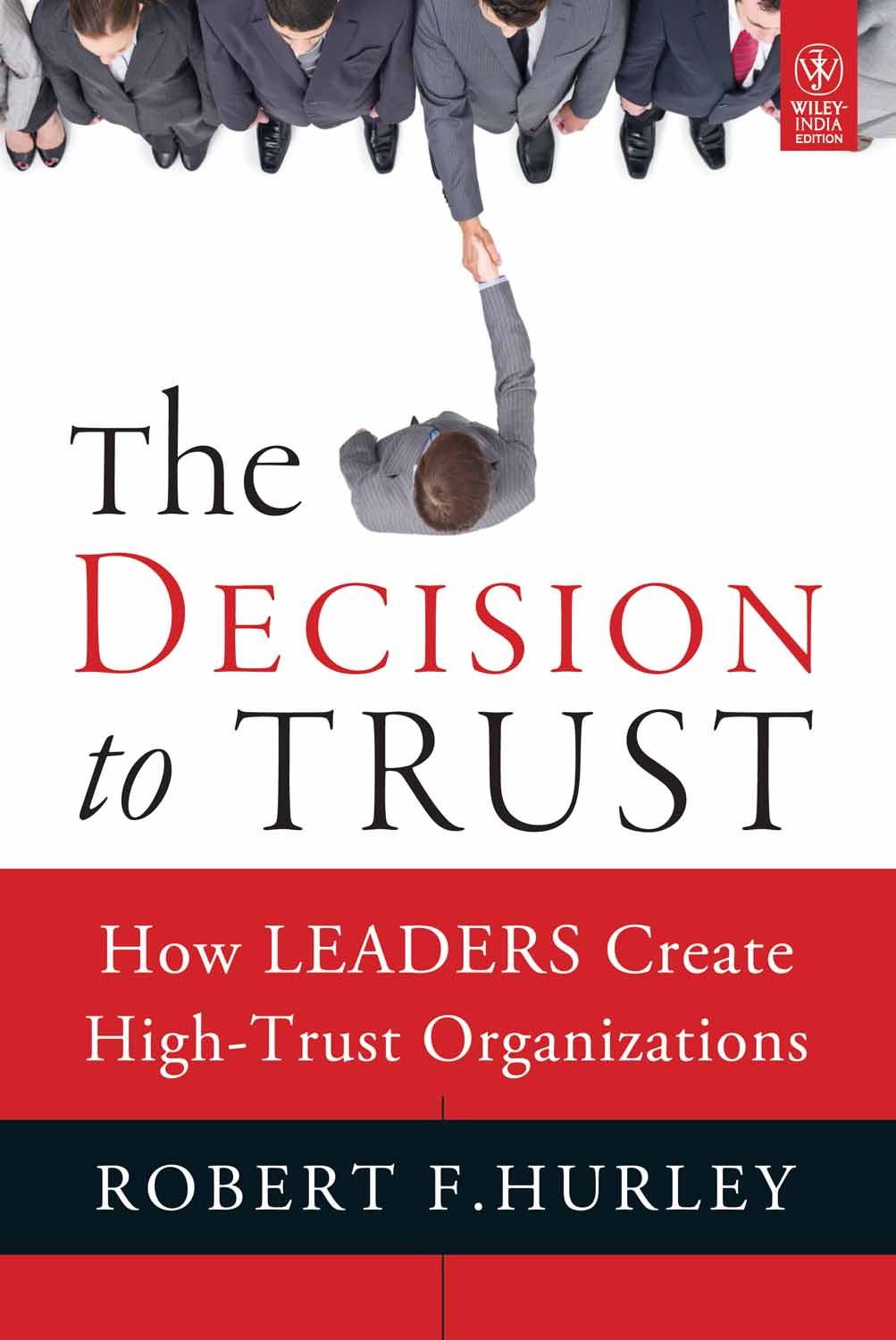Public Administration: Concepts And Theories
By Naidu, S P(Author)
The main purpose of this book is to cater to the needs of the undergraduate students of Public Administration and Political Science. It is intended to serve as a basic textbook for these two categories of students. The book has been broadly divided into four parts. Part-I introduces the nature and expanding horizone of Public Administration as a discipline. It also highlights the growing importance of Public Administration in the modern state with special reference to the developing nations and points out its interdisciplinary nature. Part-II discusses the contributions and theories of some important early administrative theorists. Part-III provides an understanding of the behavioural and social-psychological approaches to the study of Public Administration. It examines the significance of the Prismatic-Sala-model of F W Riggs in the study of Comparative Public Administration, the views of Edward Weidner on Development Administration and the concept of New Public Administration. It provides a critique of various administrative theories discussed under parts II and III. Part-IV explains the various concepts in Public Administration and their importance and limitations in organising administrative structures. Keeping in view the level of an average student, an attempt is made in the book to present the various topics covered in simple language. The special features of this book are: each part is preceded by learning objectives and followed by various types of questions that are usually set in the question papers of University Examinations,a comprehensive glossary defining the various terms used in the study of Public Administration, andbrief life sketches of important administrative thinkers.
